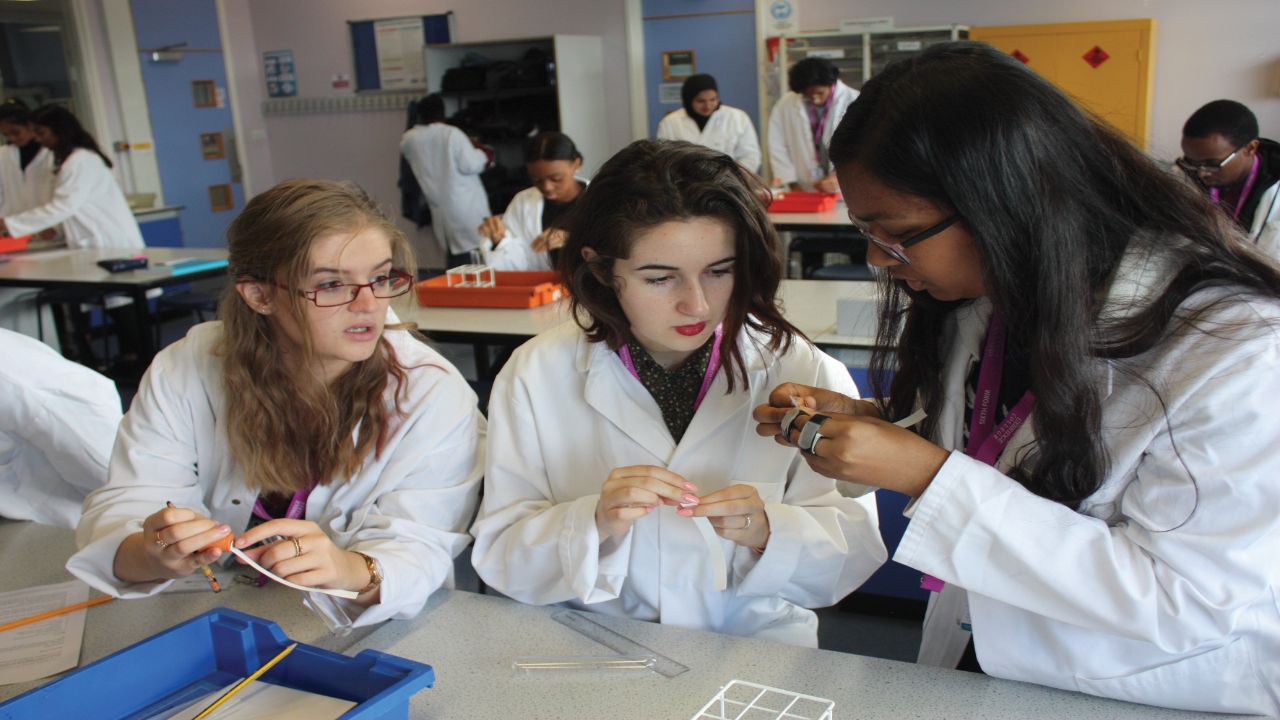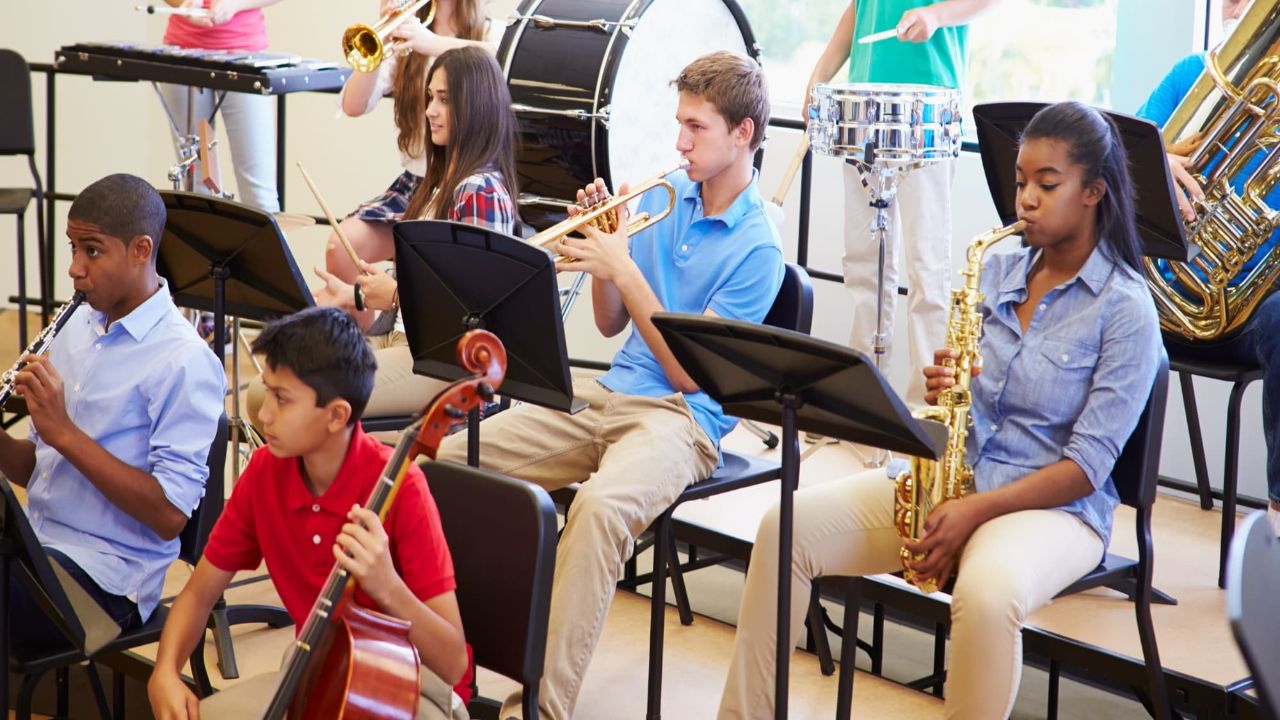A-level schools, primarily found in countries following the British education system, offer advanced-level qualifications—a critical academic milestone for students aspiring to university education. This article aims to provide a comprehensive understanding of A-level schools, shedding light on their structure, curriculum, and the pivotal role they play in shaping a student’s academic journey.
A-Level Schools
A-level school is an educational institution that offers advanced level (A-Level) qualifications.

A-level schools provide a rigorous curriculum designed to prepare students for university education. They offer a range of subjects, allowing students to specialize in areas of their interest. These schools are known for their academic rigor, providing students with a solid foundation for higher education.
The Curriculum
The curriculum in A-level schools is designed to provide students with in-depth knowledge in selected subjects. Students typically choose three to four subjects, depending on their future career aspirations and university requirements. The curriculum is rigorous and encourages critical thinking, problem-solving, and independent research skills. It’s designed to challenge students, pushing them to delve deeper into their chosen subjects and gain a thorough understanding of the concepts.
Assessment and Grading

Assessment in A-level schools is usually done through a combination of coursework and final examinations. The grading system for A-Levels is letter-based, ranging from A* (the highest grade) to E (the minimum passing grade).
Achieving high grades in A-level examinations is crucial for gaining admission to competitive university courses. The assessments are designed to test not just the students’ knowledge but also their understanding and application of the concepts.
Preparation for University
One of the main purposes of A-level schools is to prepare students for university. The skills and knowledge gained through the A-level curriculum are designed to equip students for the demands of higher education.
Many universities in the UK and around the world consider A-level qualifications in their admissions
process, making them a valuable asset for students aiming for a university education. A-level schools often provide guidance and support to students during the university application process, helping them make informed decisions about their future.
Extracurricular Activities

In addition to academic excellence, A-level schools often emphasize the importance of extracurricular activities. These activities, ranging from sports to arts to community service, provide students with opportunities to develop their interests, leadership skills, and teamwork abilities. They play a crucial role in fostering a well-rounded education and are often considered by universities during the admissions process.
Participating in these activities allows students to learn beyond the classroom, developing skills that will benefit them in their future careers.
Choosing the Right A-Level School

Choosing the right A-level school is a crucial decision that can significantly impact a student’s future. Factors to consider include the range of subjects offered, the school’s academic reputation, the quality of teaching, and the support provided for university applications. It’s also important to consider the school’s culture and values to ensure they align with the student’s personal and academic goals.
Visiting the school, talking to current students and teachers, and reading reviews can provide valuable insights into what it’s like to study there.
To Sum Up
A-level schools play a pivotal role in shaping the educational journey of many students. They provide a rigorous and comprehensive curriculum designed to prepare students for university and beyond. By understanding what A-level schools are and what they offer, students and parents can make informed decisions about their educational choices. Remember, choosing the right school is a significant step towards a successful academic future.

